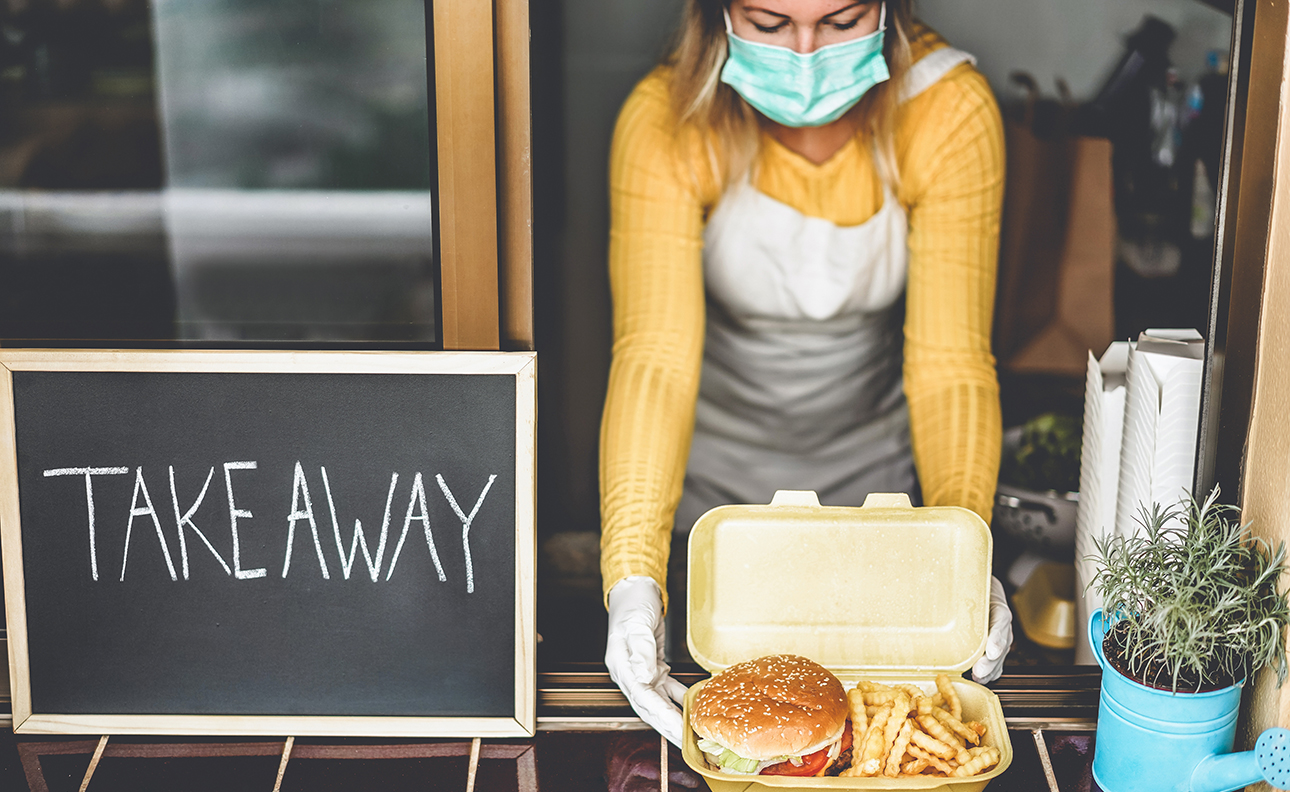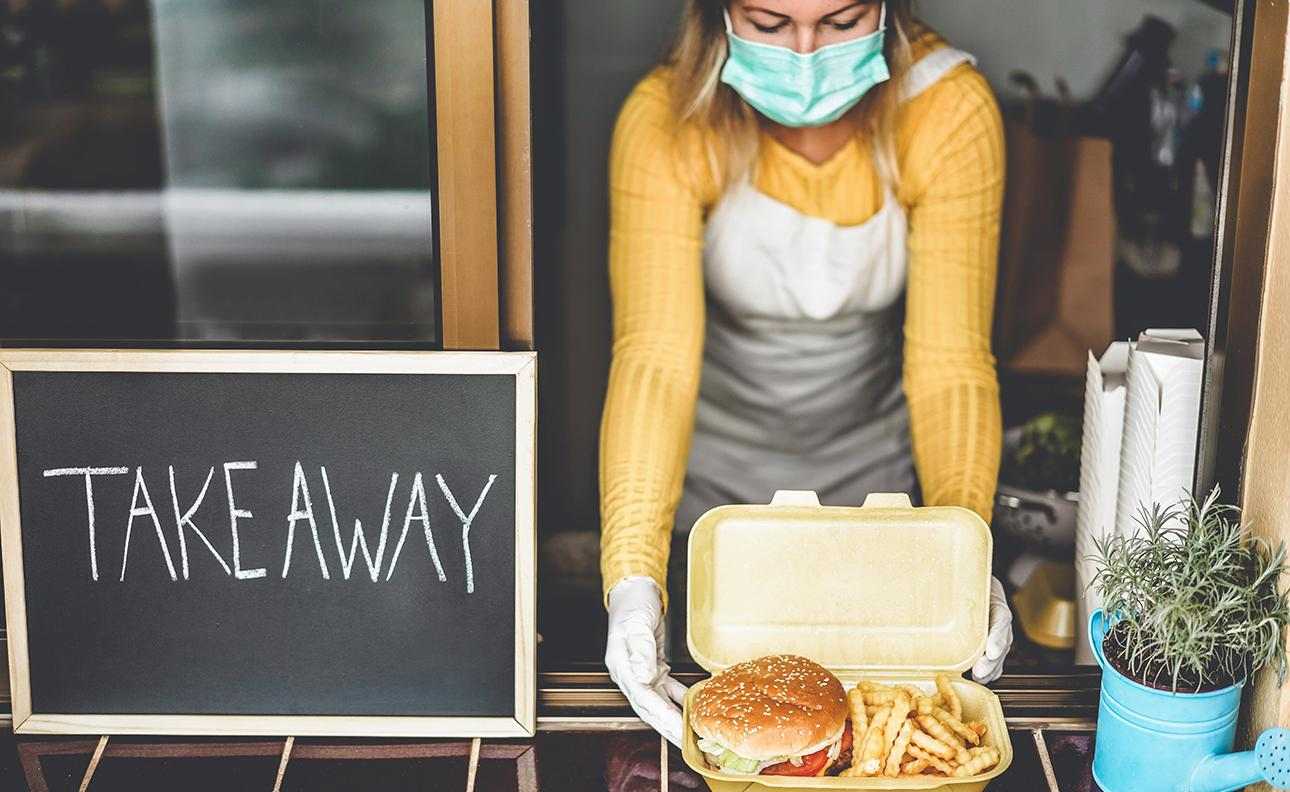The common expression "every cloud has a silver lining" means that even the worst events or situations have some positive aspect. The world’s COVID-19 experience is tragic but this setback also contains potential for a beneficial outcome and could bring a new wave in food safety prevention.
People are much more aware on how to flatten the infection curve and this has a silver lining effect on the prevalence of food safety incidents. Recent publications of the Dutch general practitioners association has shown that there is an average decrease of 50% of stomach flu and even 70 to 80% decrease with toddlers.
There are a number of structural reasons why food safety would benefit from the COVID-19 infection prevention. We are not armed with full data yet, however considering the standard infection prevention measurements taken, are very likely to have a positive effect on food safety incidents.
First of all, the effect of social distancing. Although social distancing may not be sustained for years, it does have a clear impact on the transmission of pathogens. Schools have been closed, as well as elderly homes and hospitals. To limit risk, the epidemiological approach focuses on; the places and people most likely to spread the disease like elderly homes, schools and healthcare facilities, and the impact of how preventive measures will affect the food borne pathogens prevalence in these vulnerable populations.
The increasing consciousness of hand hygiene, from foot-operated hand washing stations to disinfection and behavioral changes, from respiratory etiquette to social distancing, all these good practices are breaking the infection chains as well as foodborne diseases for example; Noro virus and Staphylococcus Aureus. The increasing acceptance of mask-wearing is equally a good thing for food safety as a number of people who carry food safety pathogens often do not show any symptoms.
And then last but not least, people finally stay home when sick. A simple but highly effective measure when it comes to preventing the spread of infectious diseases. Doctors have been giving this logic advice for years, but COVID-19 has made people finally listen.
With the risk of stating the obvious, these standard infection prevention measurements are likely to have an effect on the occurrence of Salmonella, Campylobacter, Clostridium difficile, Shigella and Escherichia coli (of E coli) where person to person transmission can also occur.
Epidemiologists talk about “smart containment” that all can practice, and hopefully will have a long-lasting effect on the behavior of people and the increased perception towards hygiene.
This awareness for hygiene does not only have a positive impact on the food handlers themselves but also on the managerial side of things. Managers will be much more devoted to investing in hygienic and food safety improvements. This pandemic is a reawakening of the fact that sanitation, hygiene and food safety are not boring requisites but rather the fundamental apotheosis of a food operator.
A legacy of the coronavirus may be an improved hygiene perception and an increase of the externalization of the hygiene internal procedures which were previously in the back of the house and now will come much more to the forefront. Customer communication regarding hygiene will no longer be the incomplete registration form in the toilet but will be transformed into more professional hygiene declarations in all areas of the premises, from the kitchen to the dining room.
And while the emerging phase of the pandemic is drawing to a close, a new hopeful horizon rises for food safety. Fingers crossed we can hold on to this silver lining.



